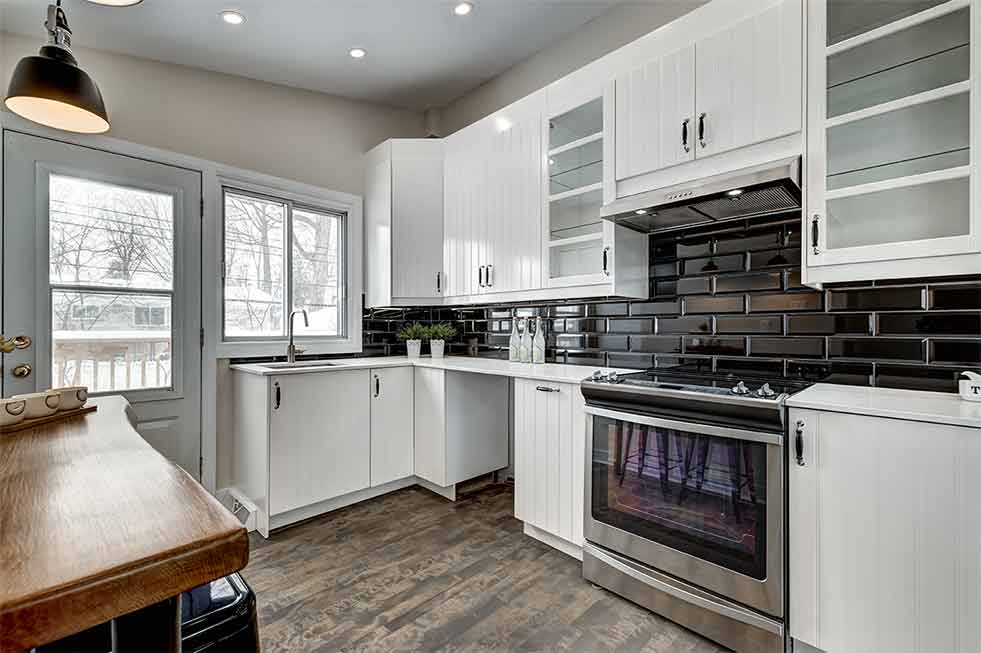The Significance of East-Facing House in Vastu Shastra
East-facing houses are considered auspicious in Vastu Shastra due to the direction's association with the sun's first light. It is believed that having the main entrance facing the East attracts positive energy, success, and wealth. The early morning sunlight, rich in Vitamin D, bathes the home, promoting the health and well-being of the people living in the home. Here is why having a east-facing house vastu plan can benefit those living in the house:
1) Symbol of Enlightenment
The east direction is associated with the sunrise, symbolising light, knowledge, and spiritual growth. East-facing homes are believed to harness this energy, facilitating enlightenment and clarity for the occupants.
2) Bringer of Positive Energy
According to Vastu Shastra, entrances facing the east are thought to be auspicious, inviting positive vibes into the home. This is partly due to the sun's rays in the morning, which are believed to purify the indoor environment and bring in positivity.
3) Gateway to Health and Prosperity
The morning sunlight entering an east-facing home is not just any light; it's rich in Vitamin D, crucial for maintaining the health of the inhabitants. Additionally, the bright, cheerful light is considered to boost morale, productivity, and financial success.
4) Fostering Social Harmony
The east direction is also associated with social relationships. Homes facing this direction are thought to foster harmony among residents and with their wider community, enhancing social well-being.
5) Optimal for Growing Families
Given its associations with growth and vitality, an east-facing house is often recommended for young couples or growing families, supporting the development and well-being of its younger members.

















